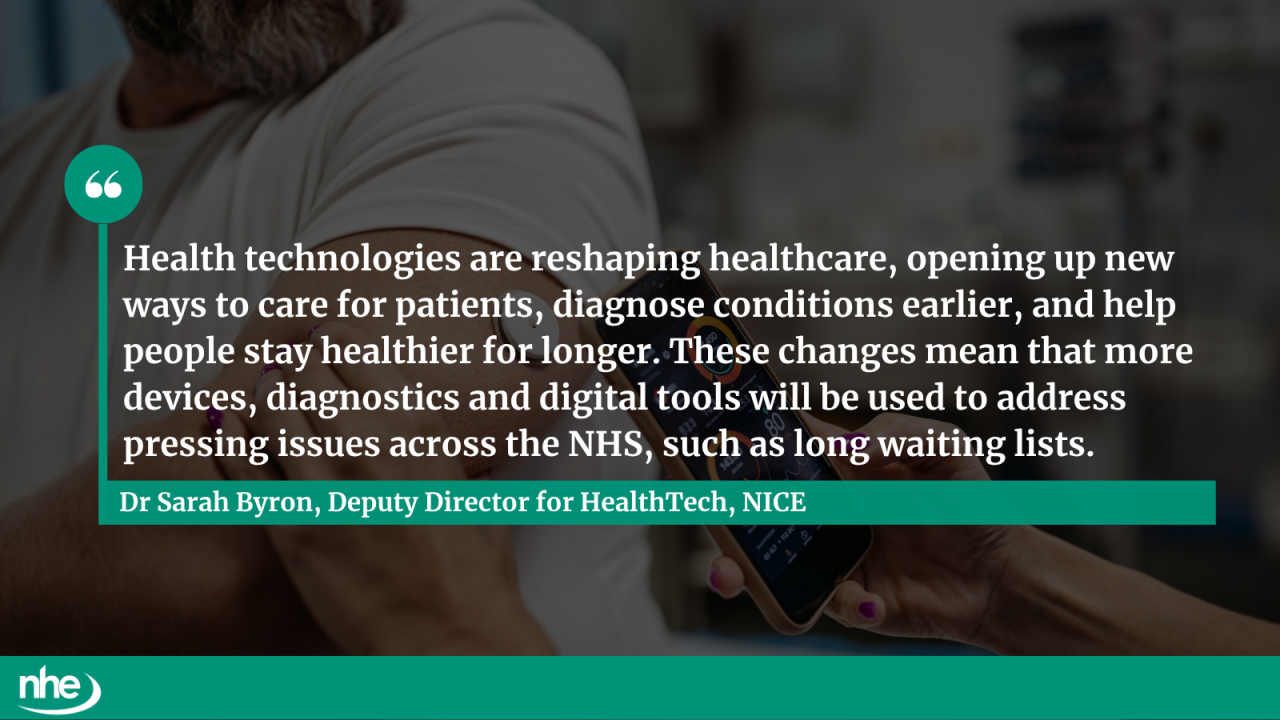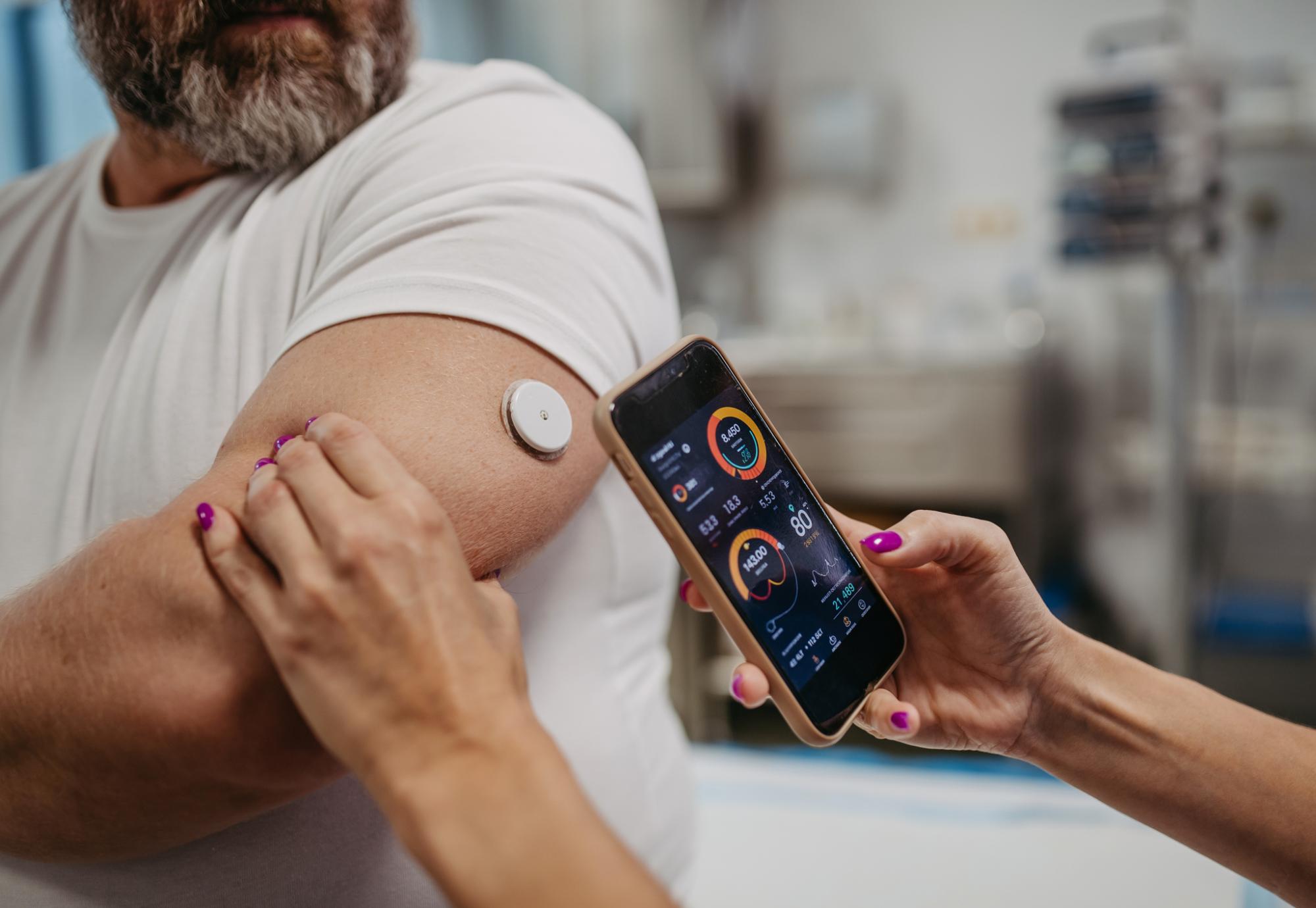The National Institute for Health and Care Excellence has announced a major expansion of its HealthTech evaluation programme, placing medical devices, diagnostics and digital tools on equal footing with medicines in the NHS approval process.
This new approach aims to accelerate access to innovations such as wearable diabetes monitors, AI-powered diagnostics, and other cutting-edge technologies, ensuring patients across England benefit from them faster and more consistently.
NICE will now apply the same rigorous standards used to assess new medicines to medical devices, diagnostics and digital health tools, addressing long-standing regional inequalities in technology adoption across the NHS.
Technologies that meet NICE’s standards will receive strong recommendations for NHS-wide implementation, backed by clear guidance on clinical value and cost-effectiveness.
The expanded programme supports the Government’s Life Sciences Sector Plan and the NHS 10-Year Health Plan, positioning the NHS as a major customer for Britain’s fast-growing healthtech industry.
NICE is currently consulting on updated evaluation methods, working with industry, clinicians and healthcare partners to refine the framework. The consultation is open until 22 October 2025.
Deputy Director for HealthTech at NICE, Dr Sarah Byron, commented:
“Health technologies are reshaping healthcare, opening up new ways to care for patients, diagnose conditions earlier, and help people stay healthier for longer. These changes mean that more devices, diagnostics and digital tools will be used to address pressing issues across the NHS, such as long waiting lists.”

Initially, the programme will focus on high-impact technologies, with plans to expand coverage in future years. This marks a systematic shift in how innovation is adopted across the NHS, building on NICE’s mission to end postcode lottery access to treatments.
By extending its appraisal process to include AI and digital health, NICE is helping to create a future-ready NHS, where patients benefit from the latest technologies regardless of location.
This initiative ensures that clinical innovation is matched by regulatory clarity, enabling faster adoption and better outcomes for patients nationwide.
Image credit: iStock



















